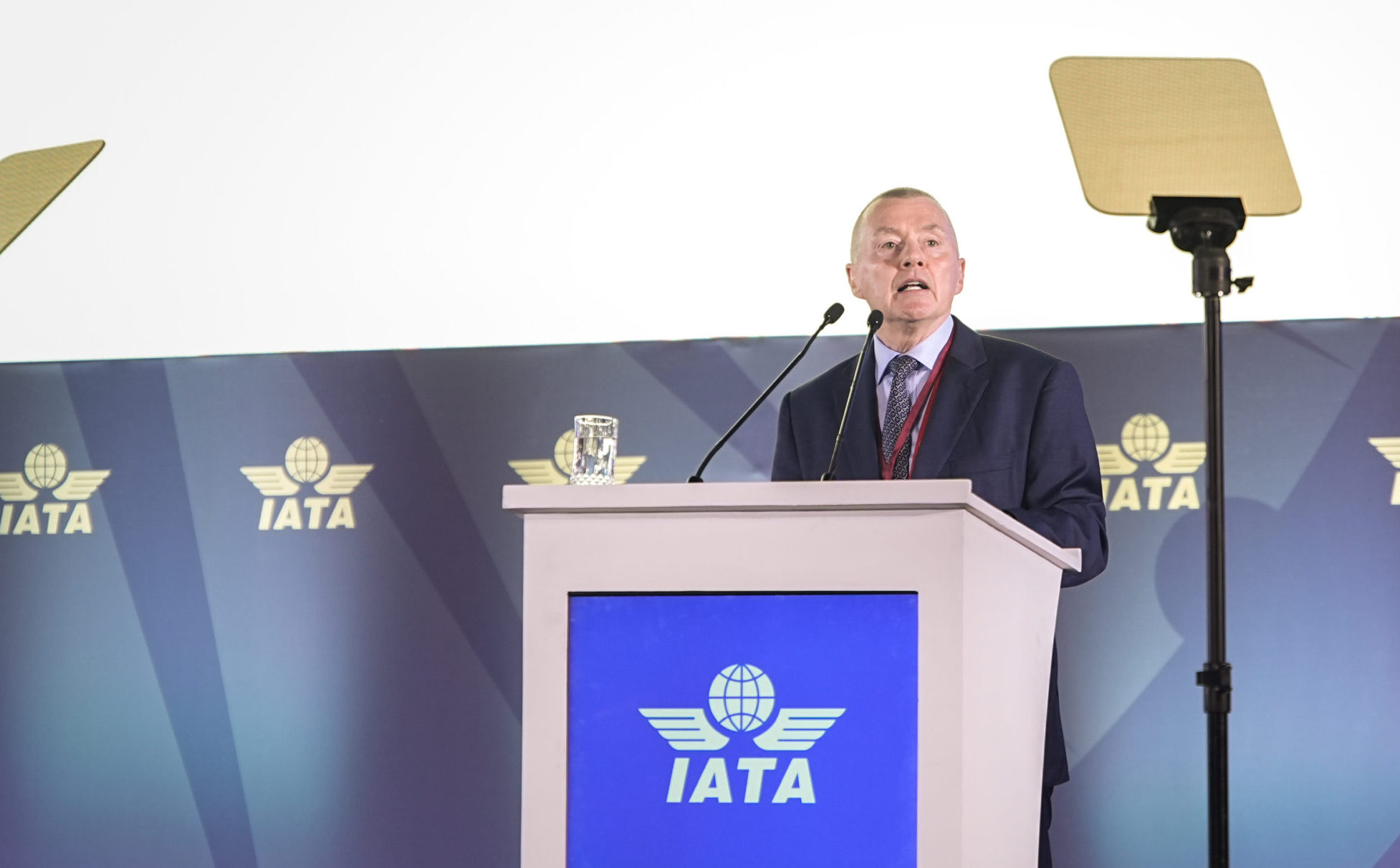Air Fares in the UK to Rise Following Air Traffic Control Meltdown
Passengers will now foot the bill for the IT glitch that affected the UK's ATC operations this summer and caused thousands of flight disruptions
by Lauren Smith
November 8, 2023
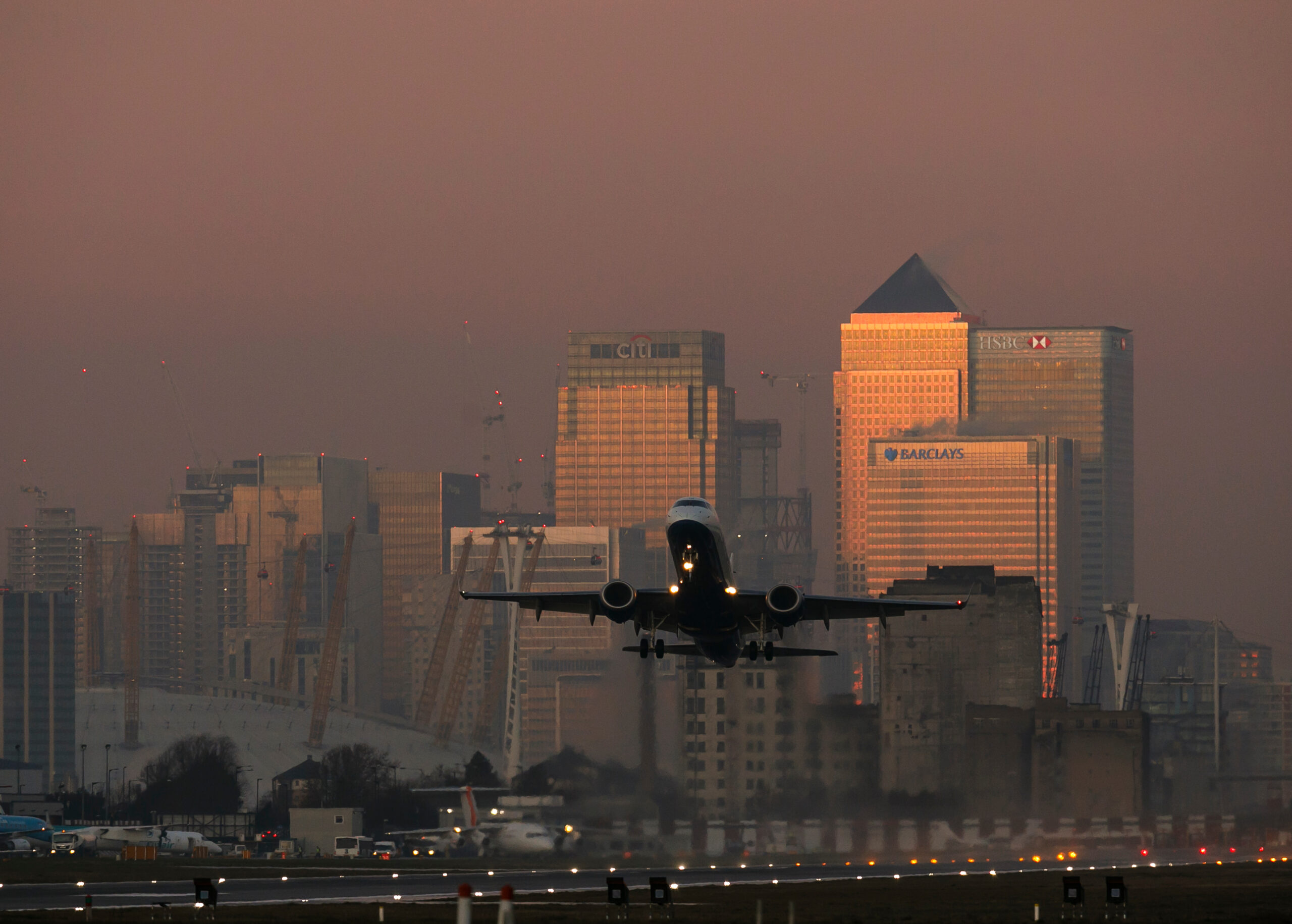
Photo: London City Airport. Courtesy of Andrew Baker
Air Fares are set to increase for airlines due to required payments toward the UK’s air traffic control system following its August outage.
The UK’s aviation regulator, the Civil Aviation Authority (CAA), has cleared plans by the National Air Traffic Services (NATS) to increase the fees it charges planes in British airspace by around 36% over the next four years.
The hike means the average cost of air traffic control services per passenger per flight will rise by 43p (52 cents) to £2.08 ($2.52). The CAA said the increased charges would allow Britain’s air traffic control system to recoup revenue lost when flights were grounded during the coronavirus pandemic and fund future investments.
“Our decision will provide the resources and investment required to provide a resilient, high-quality service for passengers and modernize its services while recovering costs from the pandemic,” CAA chief economist Andrew Walker said.
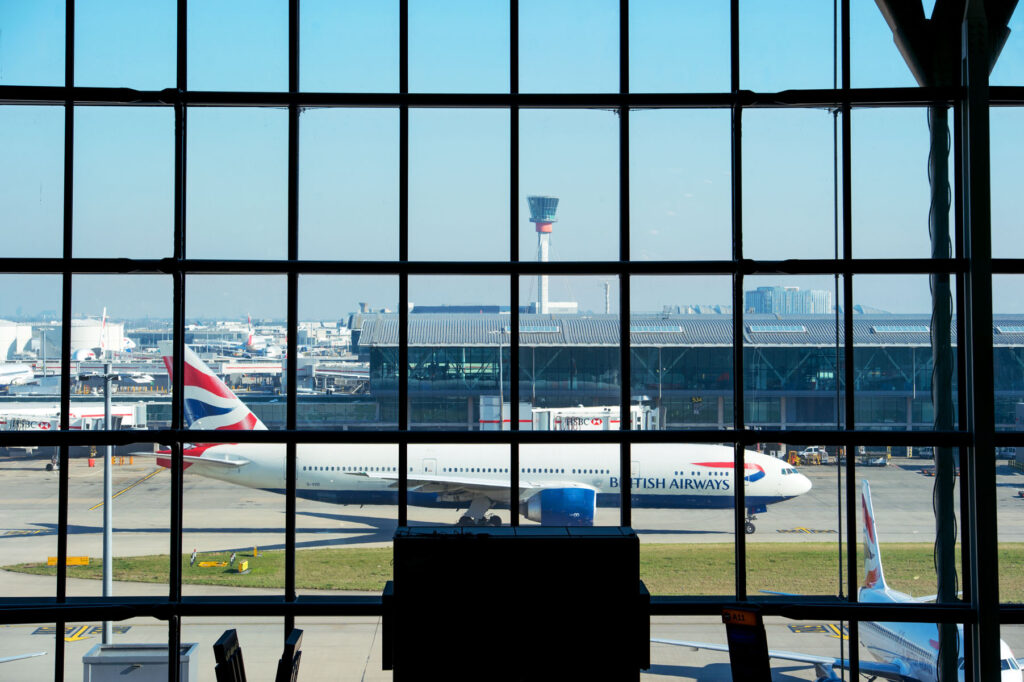
Photo: London Heathrow Airport, Terminal 5, British Airways Boeing 777-200ER. Photo. Courtesy of BAA Airports Limited.
But airlines have lashed back at the proposed hike, which they say will mean higher ticket prices for travelers.
Tim Alderslade, chief executive of industry body Airlines UK, said the increased charges are “another kick in the teeth for passengers who have been plagued by issues this summer, including the August NATS IT failure.”
Three hundred thousand travelers were stranded or had their vacations disrupted when the UK’s air traffic control system experienced a network-wide failure in late August, forcing the cancellation of 2,000 flights and delaying thousands more.
Airlines are seeking compensation from NATS for the chaos, which forced them to pay out millions to stranded passengers for accommodation and alternative travel and to operate additional flights to repatriate travelers. With lost revenue, they estimate their total bill from the incident to be £100 million.
Aldersdale said the increased charges for air traffic control services “simply cannot be justified while it remains unclear what action will be taken to ensure airlines and their customers do not see a repeat of this disruption.”
“It is clear that a wider independent review into how Nats is regulated is needed to protect passengers and ensure that airlines are not always forced to act as the insurer of last resort and bear millions of pounds of costs for failures that are not their fault,” he added.
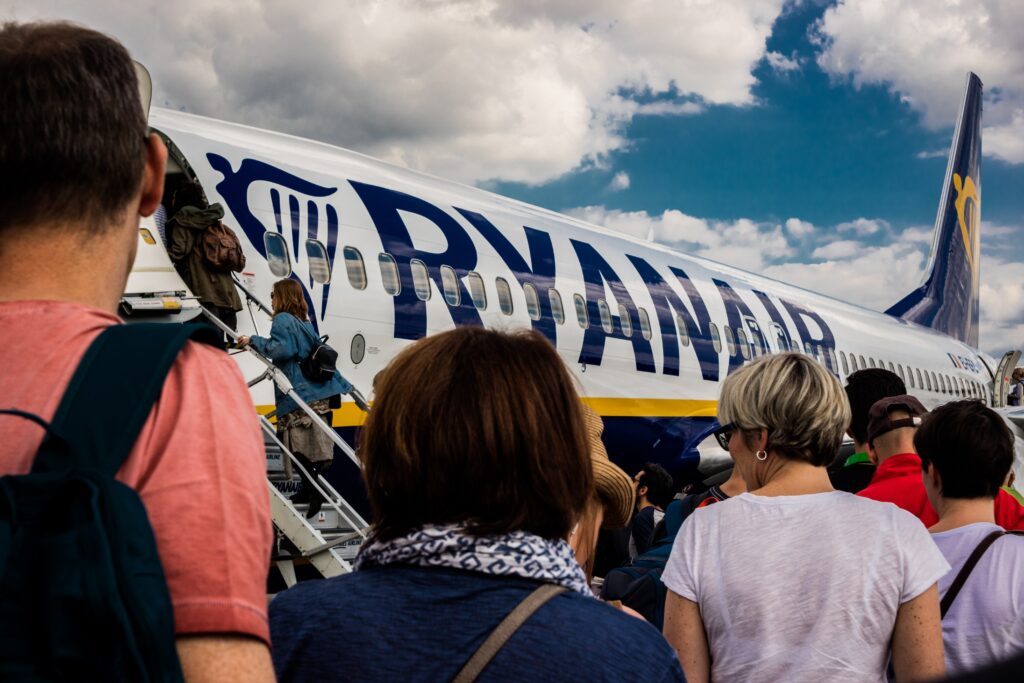
Photo: Ryanair, Boeing 737-800. Courtesy of Portuguese Gravity / Unsplash
Ryanair chief executive Michael O’Leary said he was “astonished” by the CAA’s decision and added fees shouldn’t be raised “until NATS delivers the service it is already being paid for.”
NATS has said the meltdown resulted from “an extremely rare set of circumstances.” Days after the fault, it pinned the blame on a single piece of flight plan data logged incorrectly by an unnamed airline.
Willie Walsh, director general of the International Air Transport Association (IATA), said it was “staggering” that a single incorrectly input piece of data could topple an entire air traffic control system.
Meanwhile, airports and unions have said the fee hike is justified and necessary. “It’s good to hear that the CAA recognizes it’s important to invest in service and resilience,” Javier Echave, chief financial officer at Heathrow Airport (LHR), told Sky News.
Mike Clancy, general secretary of Prospect, the union representing air traffic control staff, said: “The CAA has been right to resist pressure from airlines to lower costs even further. This would have led to less investment, fewer air traffic controllers and a less resilient system with more delays for passengers.”
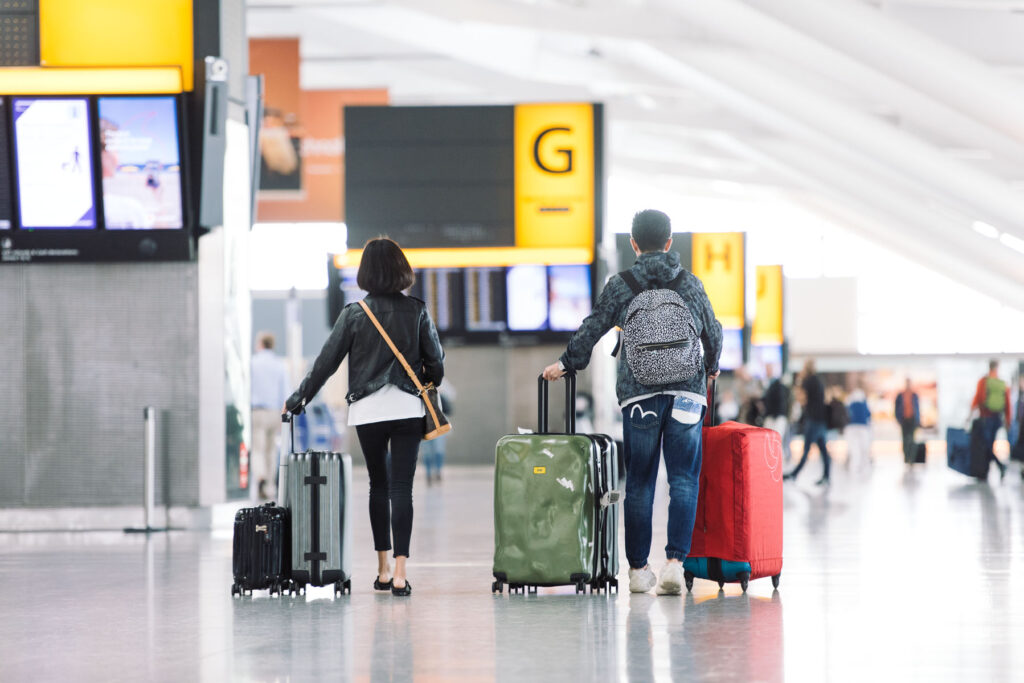
Photo: London Heathrow Airport, Terminal 5A. Photo. Courtesy of BAA Airports Limited.
The UK “has some of the most congested and complex airspace in the world yet one of the best safety records – investment is essential to maintaining that,” he added.
The CAA said its decision to allow NATS to increase its charges was taken before the August outage and is unrelated to its ongoing investigation into the meltdown.
NATS did not confirm whether it would use the additional funds to upgrade its IT systems.


